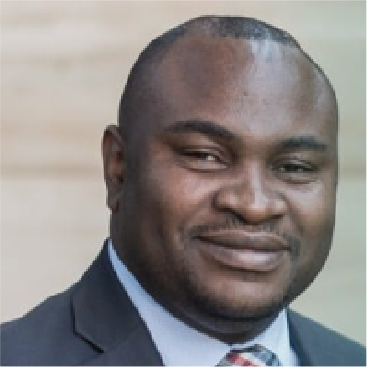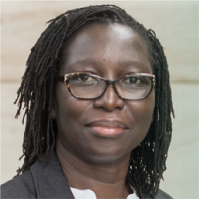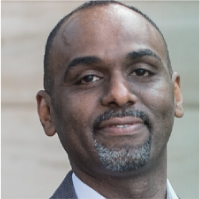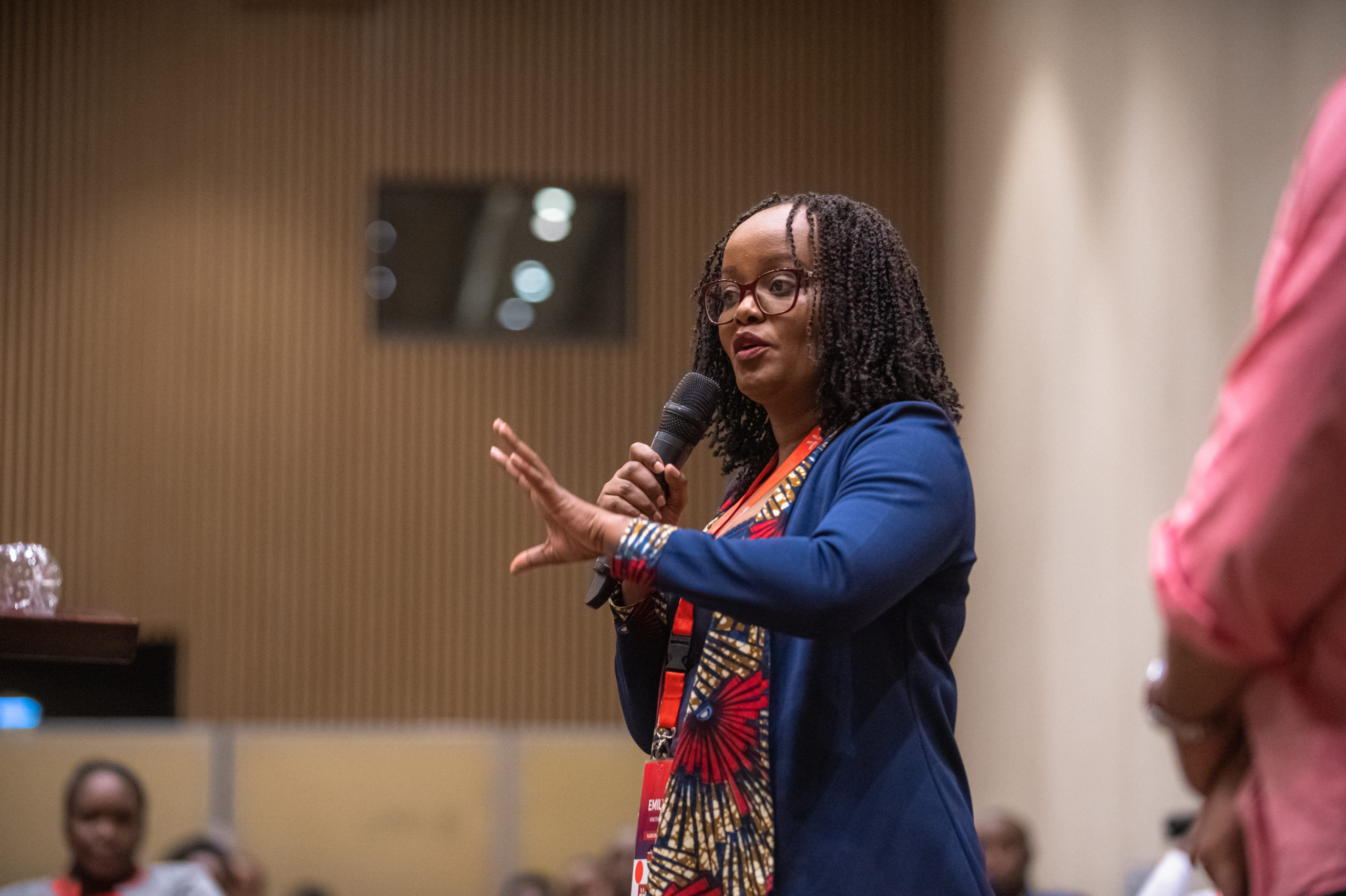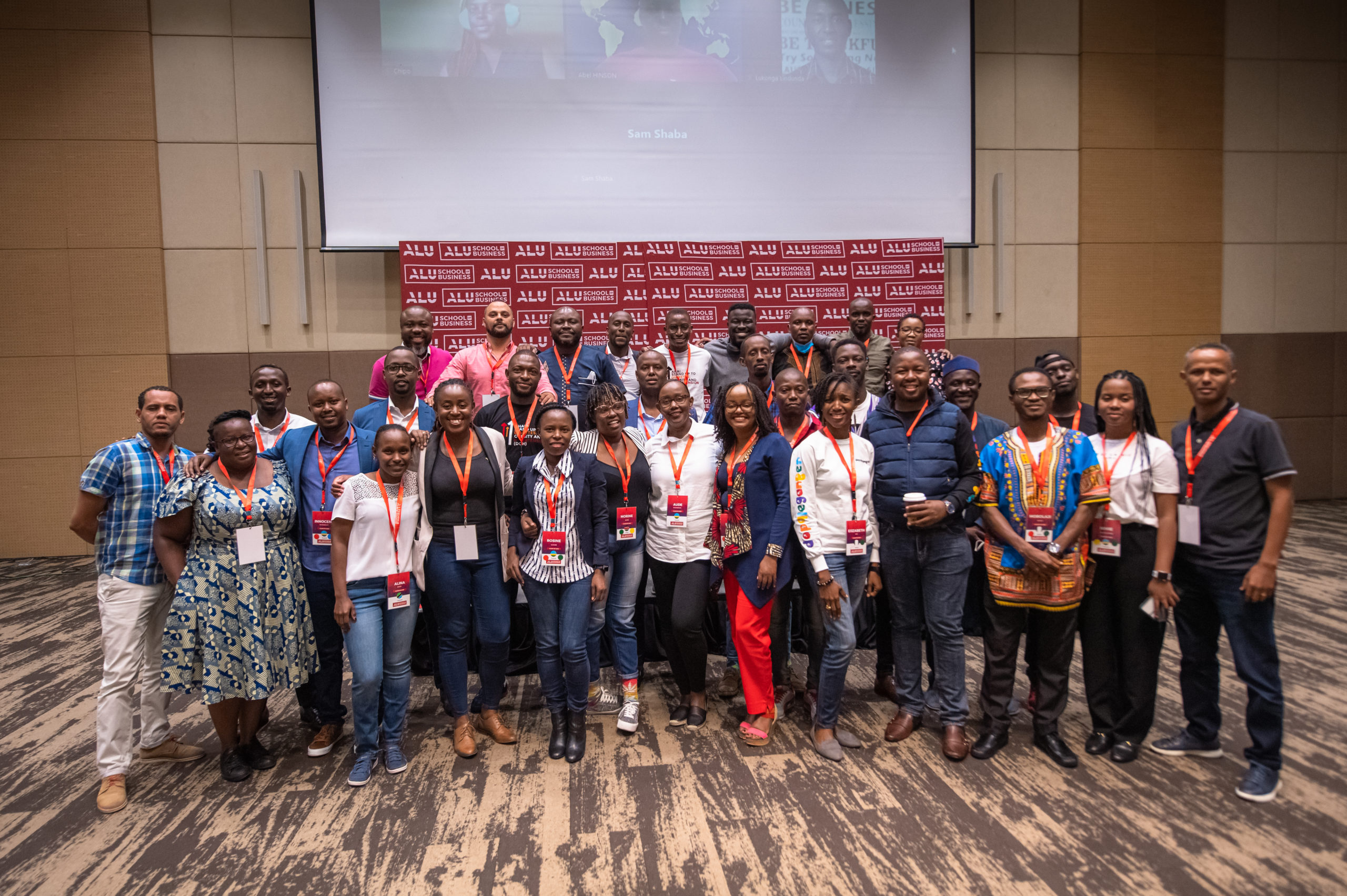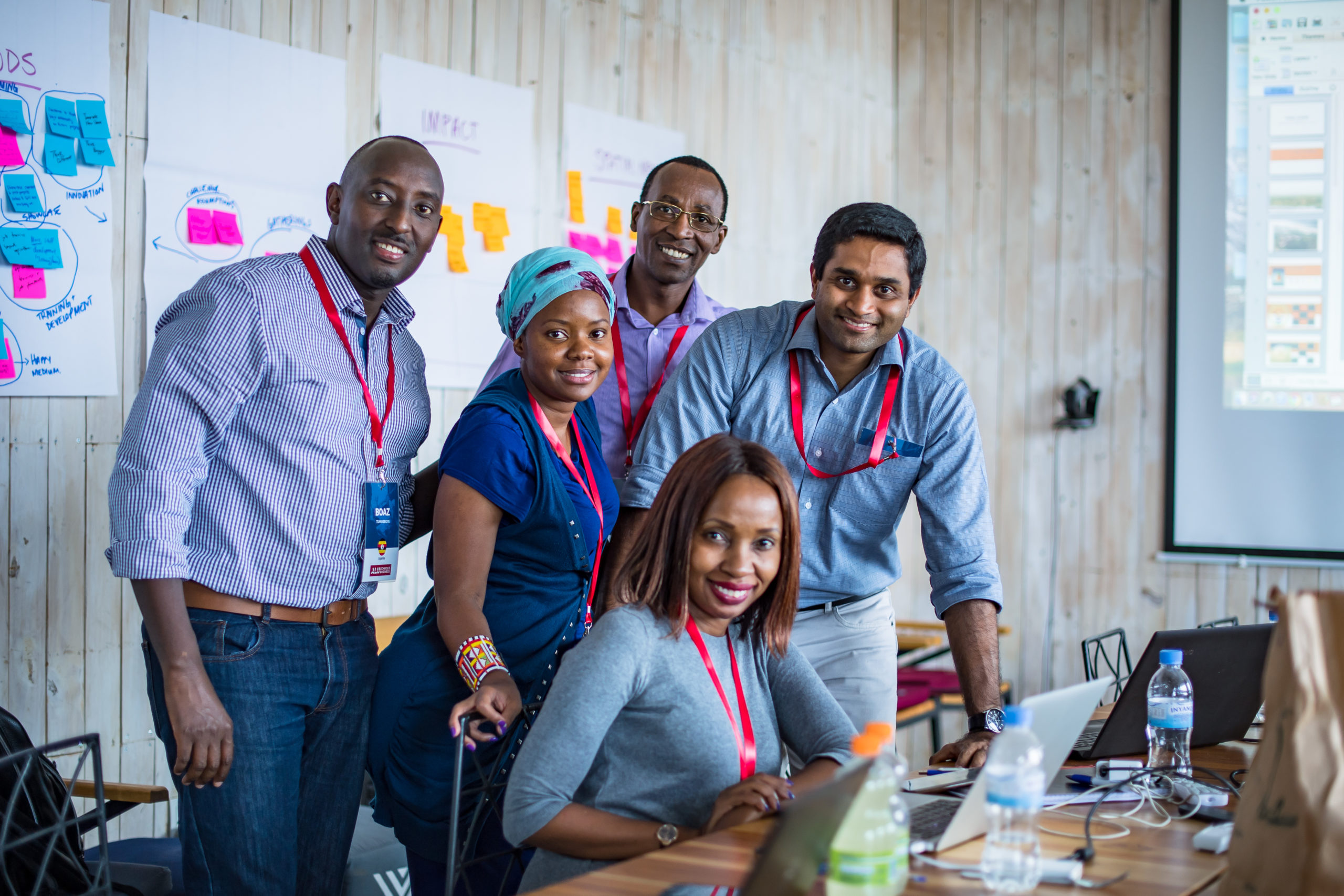Alim Ladha currently serves as the CEO of Instill Education, which is seeking to reimagine post-secondary education across Africa. Prior to Instill Education, Ladha worked at McKinsey & Co, as a leader of the Middle East Education Practice and advised public and private sector clients on K-12, higher education and bridging the gap from education to employment. Ladha holds an MBA from INSEAD, and a Bachelors in Electrical Engineering from Ecole Polytechnique de Montreal.
What excites you about the ALU School of Business and the MBA?
I went to INSEAD, which is one of the best and perhaps uniquely, most global MBA schools in the world. Yet, I felt like the definition of global didn’t always include the continent and the diversity that comes with the continent. Yes, we had an increasingly growing class from Senegal and Morocco and Egypt and South Africa but we were still tilted towards the big pull of influence that we have in the world today and that is the western way of doing business which is very driven by an American ethos. There was also a much more stronger understanding (to INSEAD’s credit) of the Eastern way of doing business driven by our Singapore campus and the work we do in Asia.
It felt to me that we lacked the perspective of what it means what to do business in Africa. I don’t mean that it’s geared towards how to deal with corruption in Africa but rather one that looks at Africa as a land of opportunity for young entrepreneurs and businessmen to grow their business. The excitement of creating an ALU MBA is around how suddenly we now have a voice as a continent about the great business practices and leadership that is rooted in the African context and the African ethos of doing business. I know there isn’t one ethos. There are multiple. I’m excited about a programme that caters to the idea that we now have a school of international calibre but focuses on the challenges and opportunities in the African context.
What should people look forward to in your class?
They should look forward to me driving leadership thinking. They should look forward to discussions that focus on innovation in education. I want to be able to teach in a programme where it’s not just about what I’m bringing to the table but what it’s participants will bring too. A place where ideas come to clash and perspectives are challenged. Whether we talk about finance or government relations or entrepreneurship, there’s a truly unique perspective that this class will bring to the table. My contribution is to be able to stitch together these perspectives in a way that is coherent and cohesive. The value will be in the clash and interaction of ideas coming from across the continent. I am going to be the privileged faculty who is going to benefit a lot from the knowledge they bring.
How will you be incorporating a pan-African element within the standard MBA curriculum?
There’s a lot of power in retelling the story of the continent and telling it from a perspective that is promising, youthful, energetic and enthusiastic. I will have business case studies that are stories of either successes and failures that are relevant to continent because there are lessons to be learned that are unique to us. It’s important to talk about both. We can talk about the successes of the Dangotes and Equity Banks. But there have been false starts as well. These are lessons for us to know and learn in this programme.
Stories will need to be the pillars of the cases that we do. What I’m not saying and is important is, the ALU MBA programme should not isolate students. There are definitely lessons to learn from global experiences – from the Chinas to the Latin Americas. That is where the beauty in this programme lies. It won’t be Africa against the world but Africa as an important contributor to the global business conversation.
How has your career prepared you to impart knowledge, in terms of specific insights into the business landscape in Africa?
What prepares me is in multiple folds. There’s a personal story here. My mum was born in the Congo and my dad in Zanzibar. My wife is Kenyan. If you look back my history is rooted in the post colonial African story. I also think that having been an alum of INSEAD makes me open to perspectives that are not western centric. The third element that makes me prepared is that I
spent 10 years at McKinsey serving clients around the world and clients in emerging markets but also those with footprints in Africa.
You’ve also got the work I’ve done with in education on the continent. Being part of the founding team at ALU as an entrepreneur, being part of Harambee’s Youth Employment Accelerator and also working as an entrepreneur launching a new venture, makes me uniquely placed to give an on-the-ground perspective, that stitches together my roots, affiliations, career and personal experiences.
People cite corruption as a barrier to doing business in Africa all the time. What other unspoken barriers are there?
Corruption is always a barrier to doing business anywhere. Whether it is blatant, as we often find in our African countries or in a more subtle way where you have to lobby certain government entities as is seen in other parts of the world, I think your ability to understand how governance in a particular geography works is important. Obviously, corruption can be a massive deterrent to investment and growth.
Having said that, there are people on this continent that are growing ethical businesses. These are the stories that are more important for us to highlight and share. Let’s look at how you go about building successful businesses as ethically as possible. We can spend the next 10 years talking about corruption, which by the way we’ve been talking about for the last 20 years. However, over the last 30 years, there has been an emergence of large organisations that have grown so fast and have done it ethically. That’s the conversation we should have. These are mentors and role models that our students should have. Is corruption a barrier? Of course it is. But are there people succeeding ethically? Yes. Let’s talk about those.
There are other tremendous challenges and opportunities to doing business on the continent. Working in politically changing environments as we see in our countries requires a different set of skills. We don’t talk about these enough. Let’s introduce our students to the political and landscape awareness that will make them comfortable to work with the ambiguity that is present in a lot of our countries.
Another barrier that is well spoken about is how it’s easier to establish a business in country X in Africa and trade with Europe and America. But it’s not easy for African countries to trade with each other. The natural market for Kenya is DRC and the natural market for DRC is West Africa. We’re talking about short distances. We need to explore this barrier.
Finally, we need to need to start giving people the platform and voice to shape the direction that business takes. We need a platform for our young MBAs to take vision and passion to take ideas to another level.
